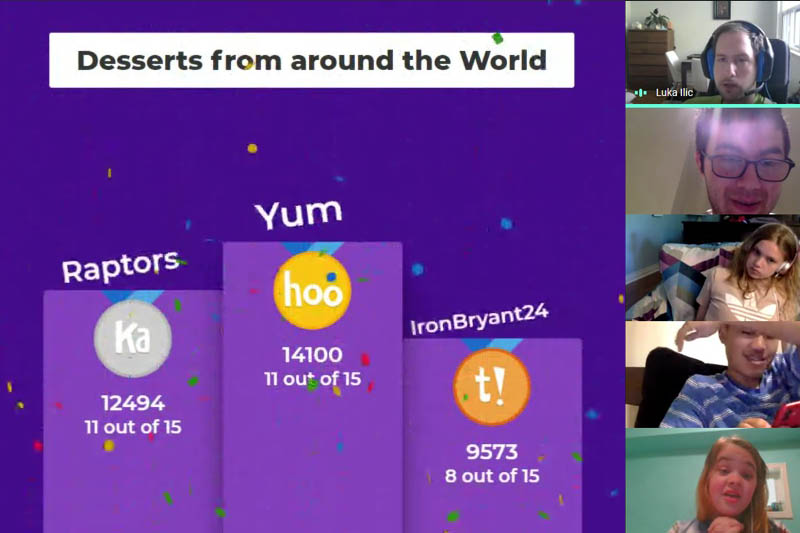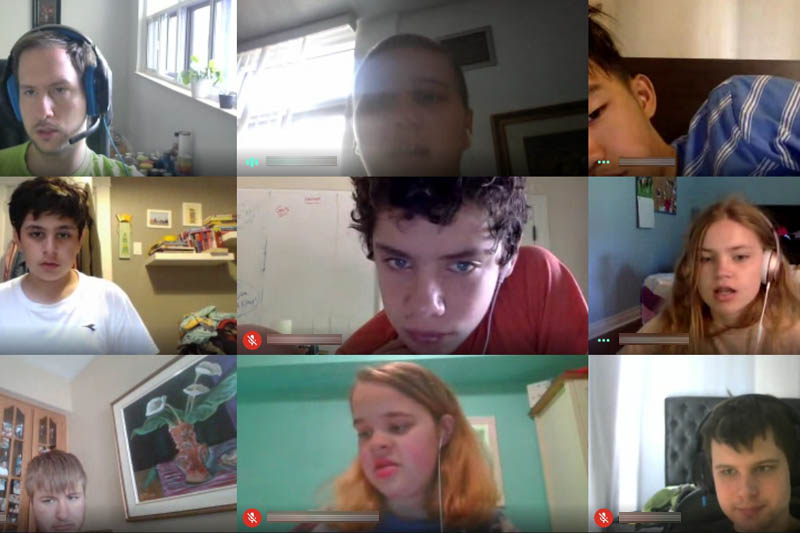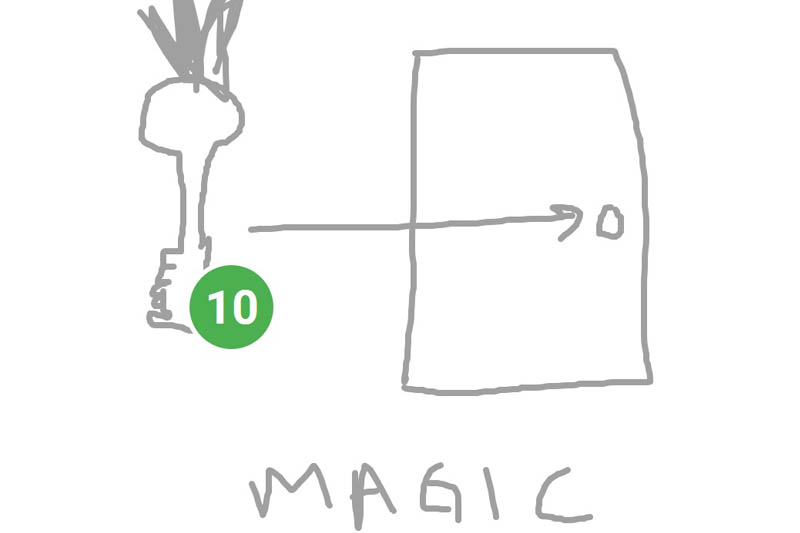They say that students these days should learn about personal finance and the basic skills of independent living. Well. Guess what. There are a smattering of courses in the high school curriculum, and one such course is a grade twelve course called Personal Life Management. The course is broken down into several units as follows:
-
- Research and Inquiry Skills
- Self and Others
- Daily Living Skills
- Personal and Social Responsibilities
- Economics and Personal Finance
With the faster pace of our new octomester schedule, the course has been reorganized into new units, taking the running themes found throughout the aforementioned ones. The newly formatted units are:
-
- Becoming an Adult
- Employment
- Money Management
- Managing a Home
- Research and Inquiry Skills
This new format allows us to focus on these major themes one at a time instead of learning about them in segments spread throughout different units. Throughout the course, students will learn about:
Becoming an Adult
- The roles and responsibilities of adolescents vs. adulthood
- Communication skills
- Goal Setting
- Decision Making Models
- Conflict and Conflict Resolution
Employment
- How to get a job and excel at it
- Workplace Rights, Responsibilities and Laws
- The Costs and Benefits of Working
Money Management
- Spending Habits and Dealing with Economic Changes
- Money Management Strategies
- Financial Institutions and their Products and Services
Managing a Home
- Keeping and Managing a Safe and Functional Home
- Meeting Food and Clothing Needs
- How to be a Smart Consumer
Research and Inquiry Skills
- Exploring Topics
- Investigating Topics
- Processing Information
- Communicating Information
The course is not only practical and of major importance, but a course that students really enjoy. By the end of this course not only will students have the knowledge and understanding of how to live on their own, but they will also (hopefully) appreciate the level of effort and responsibility their parents/guardians put into providing for them!















